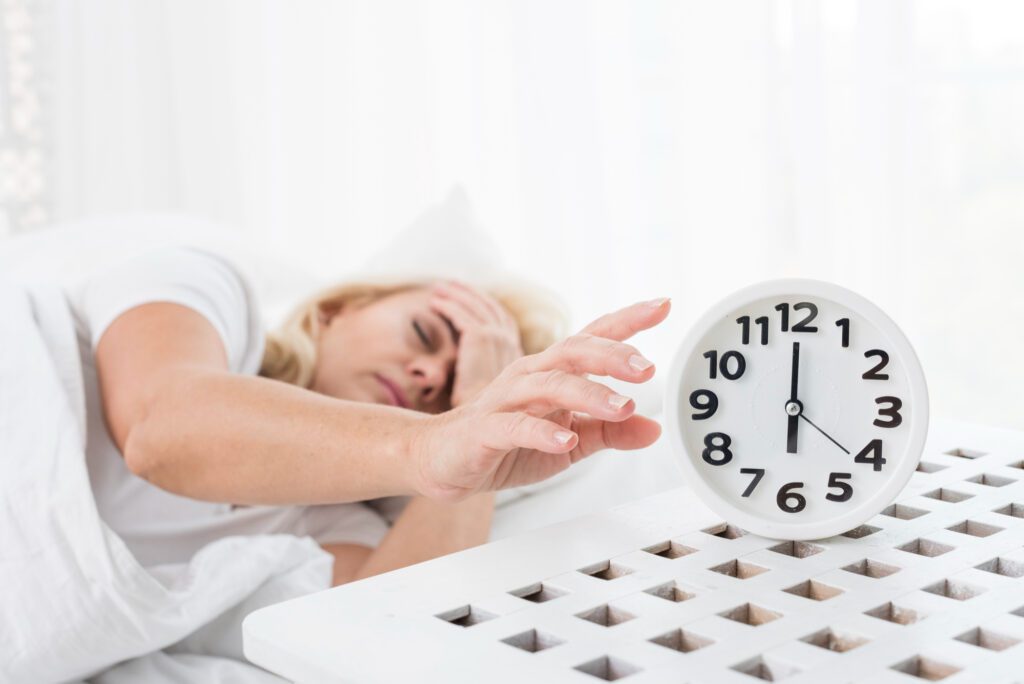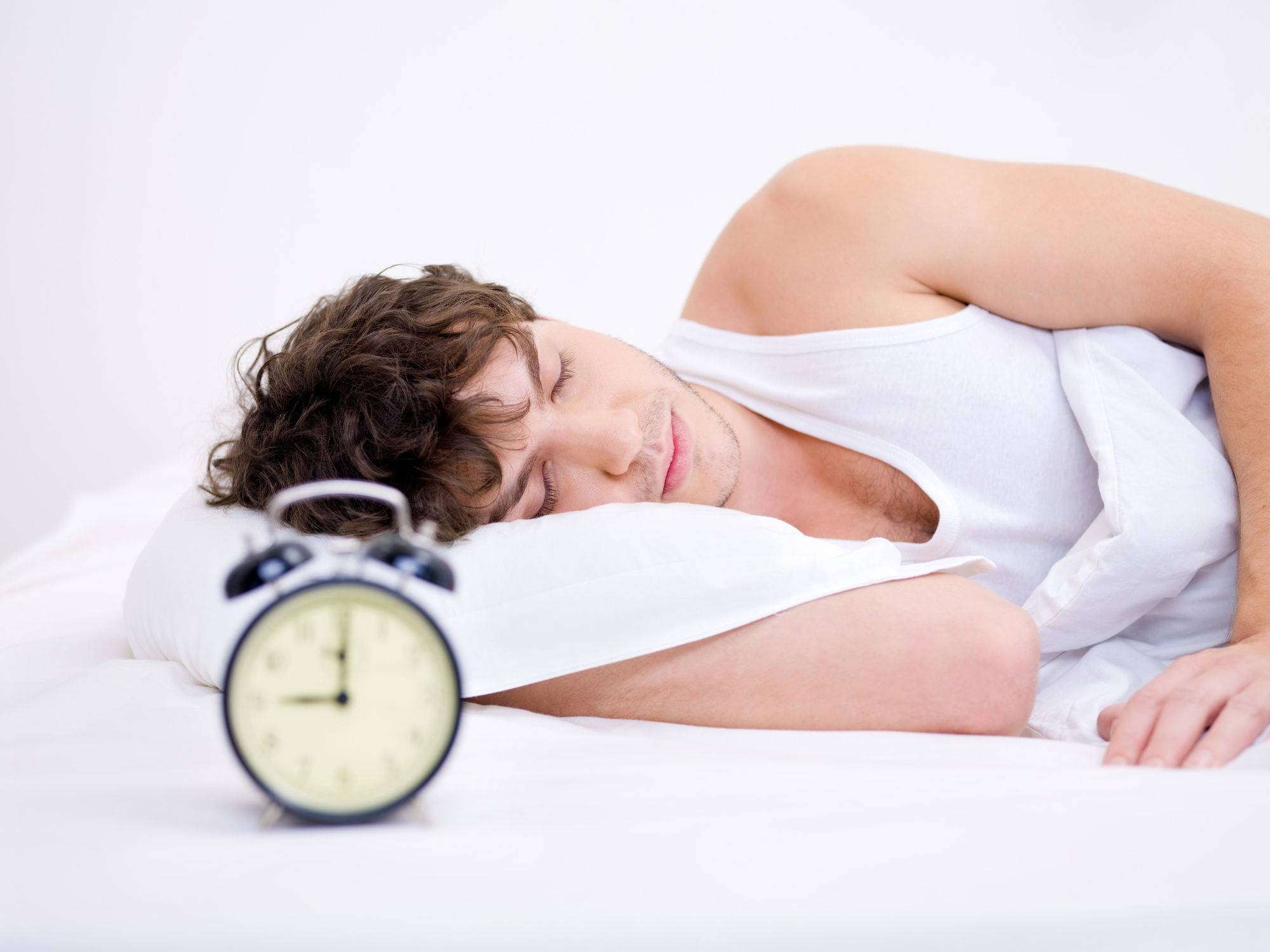Here, we are sharing information on the topic “how can I improve my sleep cycle.” Making dietary and lifestyle adjustments could help you have better sleep. There may also be advantages to some natural therapies and supplements. A balanced diet and regular exercise are equally vital as getting a good night’s sleep. Studies reveal that insufficient sleep has an instantaneous detrimental impact on your hormones. Brain function, workout performance, and all come from reliable sources.

how can I improve my sleep cycle
Additionally, it can make adults and children more susceptible to sickness and lead to weight gain. By contrast, getting enough sleep promotes healthy eating, improved exercise, and overall well-being.
1. Expose yourself to more bright light during the day
- The circadian rhythm is the name for the internal clock that naturally exists in your body. It helps you stay alert and signals your body when it’s time to sleep by influencing your body, brain, and hormones. During the day, exposure to bright light or natural sunshine promotes a healthy circadian rhythm. This increases energy during the day and lengthens and enhances the quality of sleep at night.
- Bright light exposure during the day increased the length and quality of sleep for those who suffer from insomnia. Additionally, it cut down on the amount of time needed to fall asleep by 83%. A comparable study conducted on older people discovered that two hours of bright light exposure during the day increased sleep duration by two hours and sleep efficiency by eighty percent.
- Even if you have ordinary sleep quality, everyday exposure to light will probably still be beneficial, even if the majority of research subjects have severe sleep problems. If you are unable to get sunshine exposure every day, consider purchasing artificial lighting or lightbulbs.
2. Lessen your nighttime exposure to blue light
- While light exposure during the day is good, light exposure at night has the reverse impact. Once more, this is because it alters your circadian cycle, deceiving your brain into believing that it is still sunlight. Hormones that promote relaxation and deep sleep, such as melatonin, decrease as a result.
- The worst kind of light in this sense is blue light, which is released in enormous quantities by electronic gadgets like computers and smartphones. There are numerous well-liked techniques you can employ to limit your exposure to blue light at night. Among them are:
- Put on blue-blocking eyewear.
- Install an application like Flux on your laptop or computer to prevent blue light.
- On your smartphone, install an app that blocks blue light. These are compatible with both Android and iPhone models.
- Two hours before going to bed, switch off the TV and all bright lights.
3. Avoid consuming coffee in the afternoon.
- Ninety percent of Americans consume coffee, which has many health benefits. A single dose can improve energy, concentration, and athletic performance. Caffeine, on the other hand, stimulates your nervous system when taken late in the day and may prevent your body from naturally resting at night.
- According to one study, caffeine consumption up to six hours before bed considerably reduced the quality of sleep. Your blood levels of caffeine can remain raised for 6–8 hours. As a result, it is not advised to consume large amounts of coffee after 3:30–4 p.m., particularly if you have difficulties falling asleep or are sensitive to caffeine. Choose decaffeinated coffee if you do find yourself craving a cup in the late afternoon or evening.
4. Cut down on sporadic or protracted midday naps
- While quick power naps are helpful, taking prolonged or erratic naps during the day can have a detrimental effect on your sleep.
- Your internal clock may become confused if you sleep during the day, making it difficult for you to fall asleep at night. In fact, after taking midday naps, participants in one study (Trusted Source) found that they slept more during the day.
An additional study
- Longer naps can be harmful to health and sleep quality, according to Trusted Source, even while naps lasting 30 minutes or less can improve brain performance during the day.
- On the other hand, some research indicates that those who regularly nap during the day do not suffer from low-quality or disturbed sleep at night.
- You shouldn’t be concerned if you get enough sleep and nap during the day. The impact of naps varies from person to person.
5. Attempt to go to bed and wake up at regular times.
The circadian rhythm in your body runs on a fixed cycle, synchronizing with the sunrise and sunset. Maintaining regular sleep and wake hours can improve the quality of your sleep over time.
- One investigation
Participants who went to bed late on the weekends and had inconsistent sleeping patterns reported having trouble sleeping, according to Trusted Source.
- Additional research
Unusual sleep habits can change your melatonin levels and circadian rhythm, which tell your brain when to go to sleep, according to Trusted Source.
Try to develop the practice of waking up and going to bed at comparable times if you have trouble falling asleep. Perhaps after a few weeks, you won’t even require an alarm.
6. Consume a supplement of melatonin.
- Melatonin, a crucial hormone for sleep, signals to your brain when it’s time to unwind and go to bed. Supplemental melatonin is a very well-liked sleep aid. Frequently used to address sleeplessness. Melatonin, a reliable source, might be among the simplest methods for accelerating sleep.
- One study found that consuming 2 mg of melatonin before bed increased energy and quality of sleep the following day and sped up the process of falling asleep. In a different trial, half the group saw a 15% improvement in sleep quality and fell asleep more quickly.
- Melatonin requires a prescription in various countries. Melatonin is easily accessible in stores and online in others. Take 1-2 mg 30–60 minutes before going to bed. To determine your tolerance, start with a low dose and gradually raise it as necessary. It is recommended that you consult a healthcare professional before using melatonin because it may change the chemistry of your brain.
- If you’re considering giving your child melatonin as a sleep aid, you should also consult with them because long-term usage of this supplement in children has not been thoroughly researched. Online stores sell melanin supplements. Furthermore, neither of the aforementioned trials observed any withdrawal symptoms.

Frequently asked questions
(how can I improve my sleep cycle)
How can I restore my sleep cycle?
Answer: Establish a sleep schedule.
- Try to get up at the same hour every day.
- Every day, try to go to bed at roughly the same time, but no later than eight hours before you want to start your day.
- Stay away from alcohol- and caffeine-containing drinks in the evening.
- Steer clear of large meals at least two hours before bedtime.
How can I advance my sleep cycle?
Answer: Melatonin supplements can aid in the initiation of a new sleep pattern for certain sleep disorders. Light therapy: This type of treatment involves spending a brief amount of time, generally in the morning, in front of a powerful lamp. The purpose of the high light dosage is to help balance out an out-of-phase circadian cycle.
How do I reset my brain to sleep?
Answer: Breathe deeply and calm your mind.
Try this: Feel the pulse of your heart with your hand. After inhaling deeply for four seconds, exhale slowly and deeply. Continue in this manner until your heart begins to slow. Soon, your thoughts should also start to calm down.
Conclusion
(how can I improve my sleep cycle)
To sum up, enhancing your sleep cycle is critical to your general health and well-being. Your physical and mental well-being can be greatly enhanced by incorporating sound sleeping practices into your daily routine.
These techniques can help you establish a sleep environment that is beneficial for restorative sleep, which will enhance your general health and cognitive abilities. Keep in mind that every person will react differently, so it’s critical to identify the routines that work best for you. Make sleep a priority, and you’ll probably notice an improvement in your general well-being and productivity.
So, this is how the topic “how can I improve my sleep cycle” has been addressed.
- For more information related to these topics, click here.
- You may also visit our Instagram page by clicking here.
- You may also visit our YouTube channel by clicking here







[…] For more information related to these topics, click here. […]